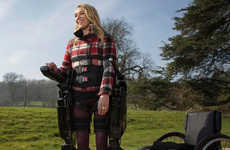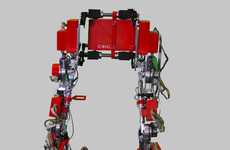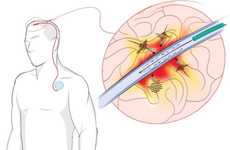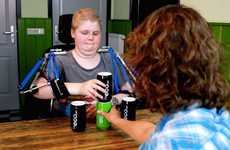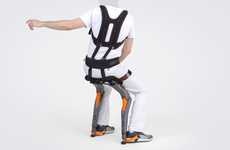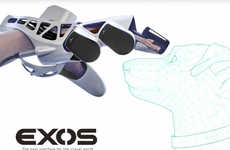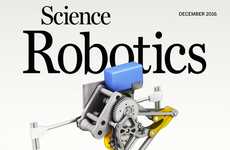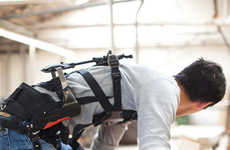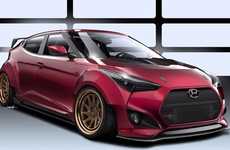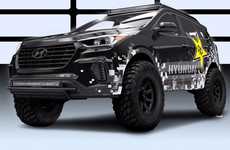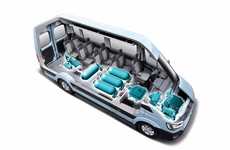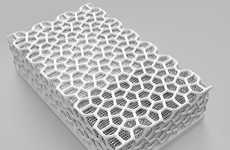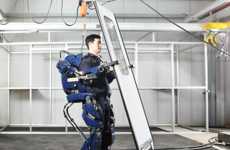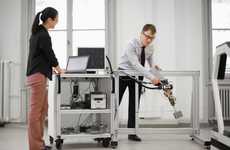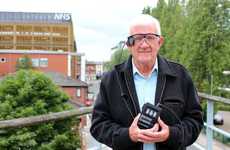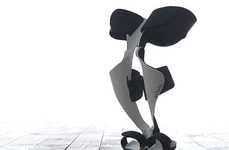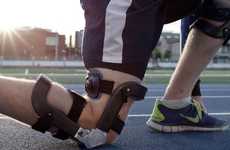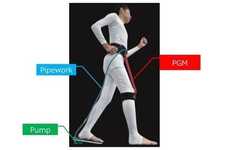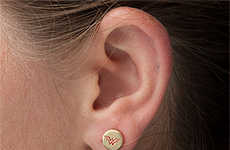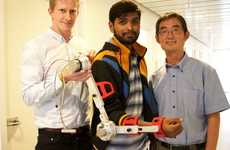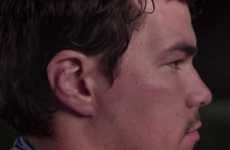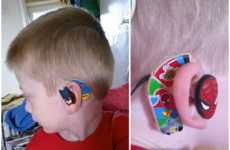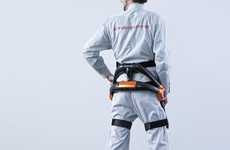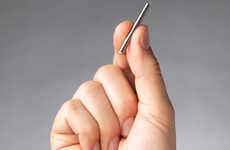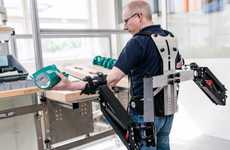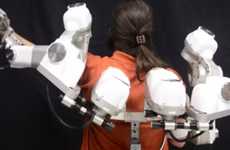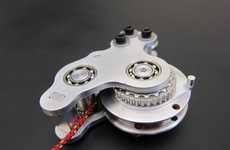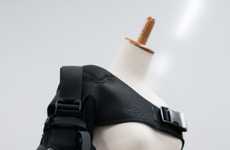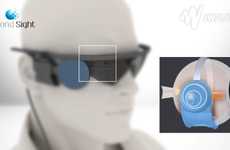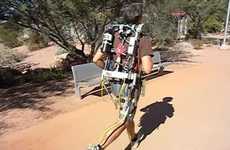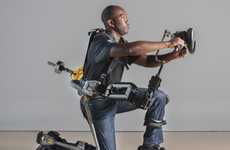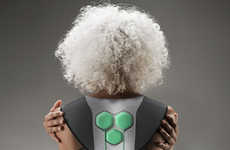
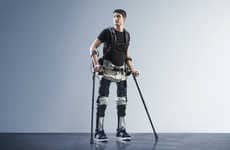
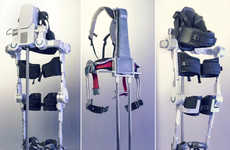
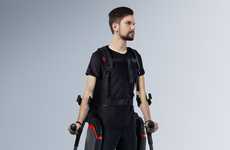
Exoskeletons are being designed to enhance people's quality of life
Exoskeletons are being designed to support individuals with various physical disabilities. While these innovations were once largely inaccessible to most, they are increasingly becoming more affordable and able to service more disabilities – although they still have a long way to go. Tech has long been used to convenience consumers' lives, however its growing ability to improve the quality of life for people with disabilities speaks to the more comprehensive approach to accessibility that these individuals and their allies are advocating for.
Workshop Question - How can your brand incorporate tech into its offerings to enhance quality of life for its consumers or employees?
Trend Themes
1. Affordable Exoskeletons - The trend of creating more affordable and accessible exoskeleton technology for disabled individuals offers great opportunities for enhanced mobility and quality of life.
2. Brain-machine Interfaces - Brain-machine interfaces, like implantable devices, that can translate thoughts into movement open up possibilities for more intuitive control of prosthetics.
3. Elderly Mobility Tech - The development of powered clothing and supportive exoskeletons for the elderly provide solutions for improved mobility and quality of life for aging populations.
Industry Implications
1. Healthcare - The healthcare industry can benefit greatly from advancements in exoskeleton technology and brain-machine interfaces, offering improved mobility for disabled individuals.
2. Manufacturing - Supportive exoskeleton suits can provide invaluable assistance for factory workers to make heavy lifting easier and prevent workplace injuries.
3. Aging and Elderly Care - With advancements in powered clothing and supportive exoskeletons, the aging and elderly population can experience improved mobility and independence.
